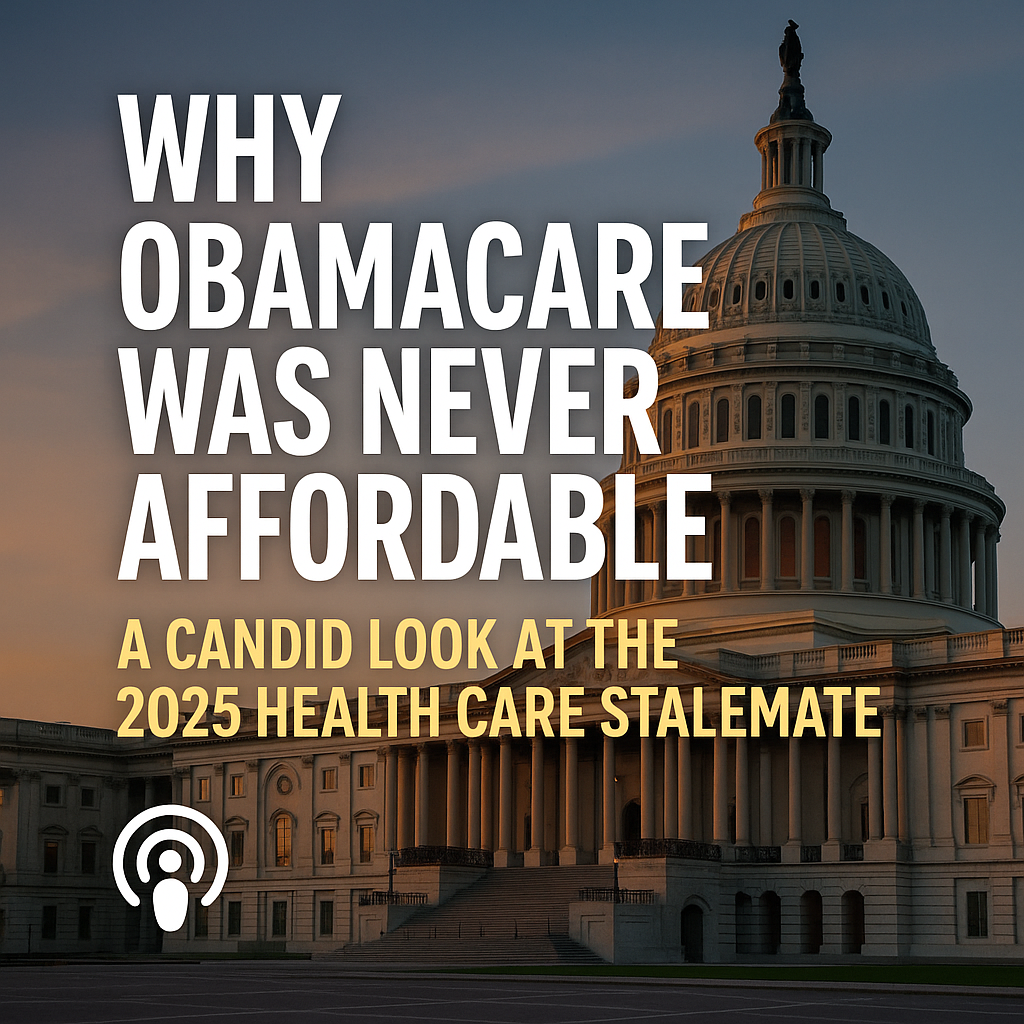South Carolina has the constitutional authority to block a provider from its Medicaid program without being vulnerable to lawsuits from recipients, the U.S. Supreme Court ruled in late June.
Medina v. Planned Parenthood South Atlantic weighed in on whether Medicaid enrollees have a right to sue the state government if they believe their right to a free choice of a provider has been violated. In a 6-3 decision, the justices ruled the federal statute does not give individuals that option.
“The spending power allows Congress to offer funds to States that agree to certain conditions. See, e.g., South Dakota v. Dole, 483 U. S. 203, 207–208 (1987),” wrote Justice Neil Gorsuch in the majority opinion. “But when a State violates those conditions, ‘the typical remedy’ is not a private enforcement suit ‘but rather action by the Federal Government to terminate funds to the State.’”
Although South Carolina chose not to cover abortion in its Medicaid program—the state bans abortion after six weeks of pregnancy—South Carolina Gov. Henry McMaster blocked Planned Parenthood South Atlantic entirely from the program in 2018. “Payment of taxpayer funds to abortion clinics, for any purpose, results in the subsidy of abortion and the denial of the right to life,” said McMaster in his executive order.
No Managed-Care Loophole
The decision will have broad implications for all states in managing their Medicaid programs, says John Bursch, a senior counsel at Alliance Defending Freedom, which represented South Carolina in the case.
“After this opinion, it is not possible for a Medicaid beneficiary to force a state to qualify any provider,” Bursch told Health Care News. “A provider that wants to participate in a state’s Medicaid program must apply, and if it is denied or disqualified, the only remedy is for the provider to file a state administrative appeal and then appeal that through the state courts, if necessary. The holding is not limited to Planned Parenthood.”
States often contract with managed-care companies to run their Medicaid programs, which could include Planned Parenthood as a network provider. That will not provide an “end run” around the state’s administrative authority, says Bursch.
“States have always determined who is a qualified Medicaid provider, and states have disqualified thousands of providers for countless reasons,” said Bursch. “Even if a managed-care company designated Planned Parenthood as qualified, it would be up to the state whether Planned Parenthood remained on the state’s qualified provider list.”
Rep. Chris Smith (R-NJ), co-chair of the Congressional Pro-Life Caucus, had filed three amicus briefs in the case and welcomed the decision.
“This decision frees other states to invest in real health care without fear that Planned Parenthood will misuse the court system to block a state’s right to administer its own Medicaid program and choose not to subsidize organizations that pay for elective abortion,” said Smith in a press release.
AnneMarie Schieber ([email protected]) is the managing editor of Health Care News.




